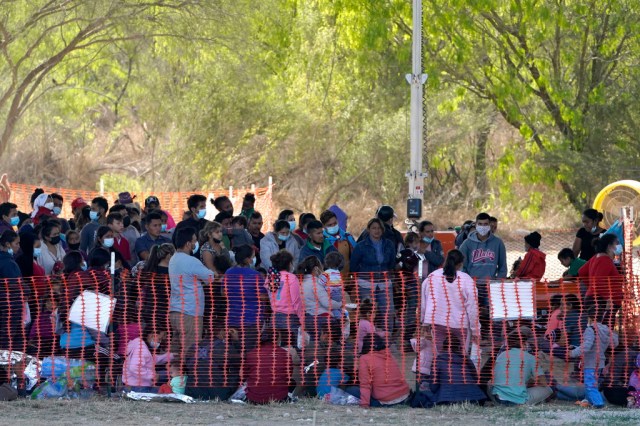
When Venezuela commemorated its independence in July, almost six million Venezuelans spent the holiday away from their country, their family and friends, trying to meet their most basic needs as they fled the country’s severe economic, political and social crisis. The crisis has two faces: That of the migrants who leave to an uncertain future, and that of those who stay behind, in a country quickly becoming a “failed state.”
By The Hill – Janeth Márquez
Aug 6, 2021
The precarious conditions which were exacerbated by the pandemic – 59 percent of households with no food and 86 percent with no continuous water service – have driven people out, unmoored, only to become victims of prostitution, human trafficking, and slavery.
The Venezuelan exodus has become the second largest migratory crisis in the world, reaching levels never before seen in our hemisphere. We are thankful to 30 countries that, in mid-June, pledged more than $1.5 billion in grants and loans to aid Venezuelan migrants, but the gap is still too wide. The United Nations Humanitarian Response Plan for 2019 and 2020 received only 23.1 percent and 34.8 percent of the requested funding. By way of comparison, per capita funding collected for Syrian refugees was 10 times higher than for Venezuelans – $3,150 per Syrian refugee versus $265 per Venezuelan migrant, based on 2020 figures.
These figures represent only Venezuelan migrants, not the millions who remain in the country, caught with the decision to stay at home, risking starvation, or risk contracting the virus by going outside to try to put food on the table. Unfortunately, in today’s deteriorating Venezuela, staying at home is not an option. Minimum wage only covers 0.8 percent of the cost of the basic food basket, while remittances have been reduced by half. On average, 59 percent of households have not been able to access high-protein foods and children are the most affected.
Our most recent “Monitoring of Acute Malnutrition and Family Food Security” report for April-July 2020, published last October, found childhood malnutrition has reached alarming levels: 73 percent of cases occur in children under five years of age, and 20 percent of these are at risk of becoming acute. It does not help 51 percent of pregnant women are undernourished and cannot access monthly prenatal check-ups.
So what can we do?
Non-governmental organizations like Caritas Internationals, still operating in Venezuela, have seen humanitarian needs quickly escalating while funding has fallen precipitously short. We understand the pandemic has impacted the world, including long-time donors. We call on the international community, the private sector and development banks to help us help by matching the level of funding to the extent of the humanitarian tragedy. Furthermore, we must ensure these efforts encompass all Venezuelans, migrants and those who remain in the country, because failing to address the suffering inside Venezuela only aggravates the refugee crisis.
…
Read More: The Hill – Venezuela’s ongoing migrant crisis is a global issue
…

